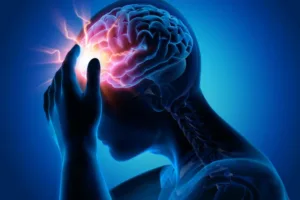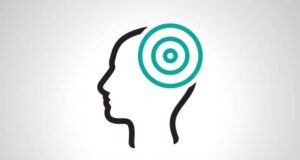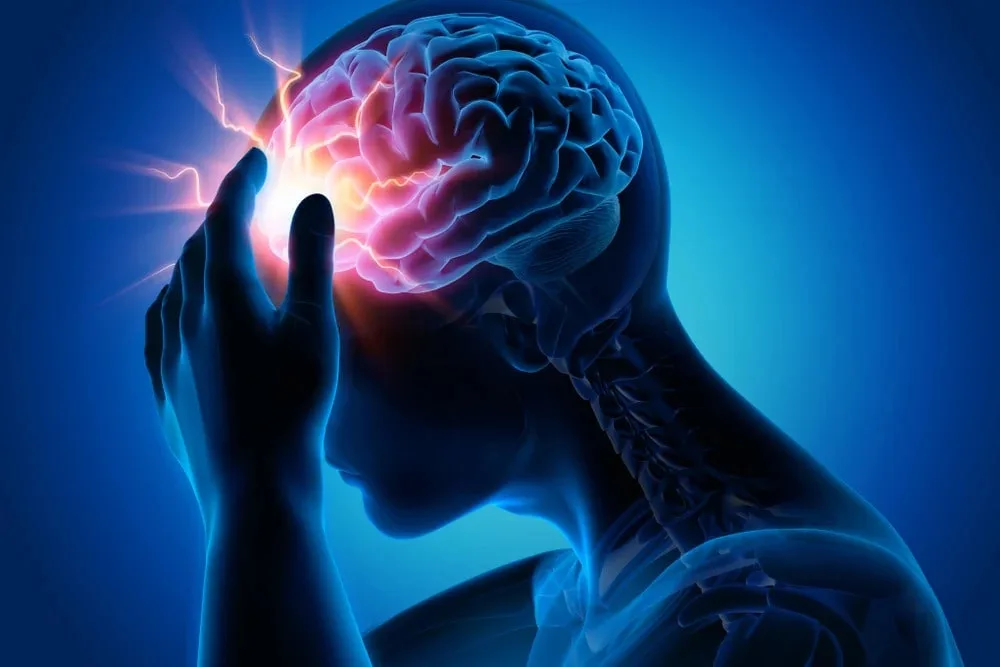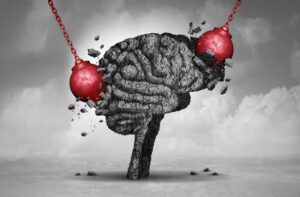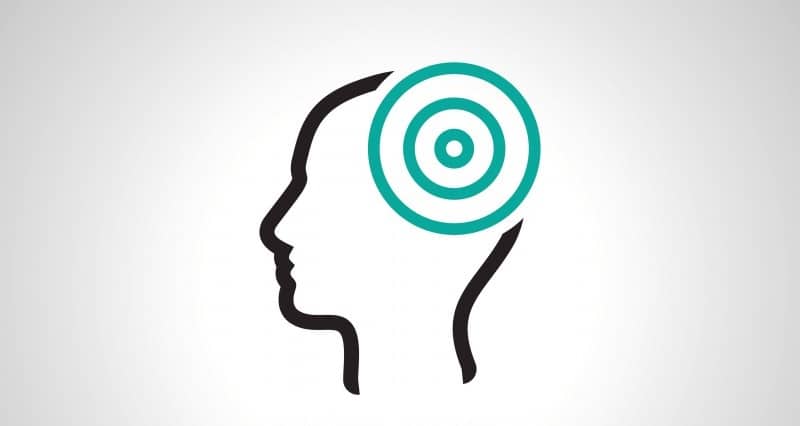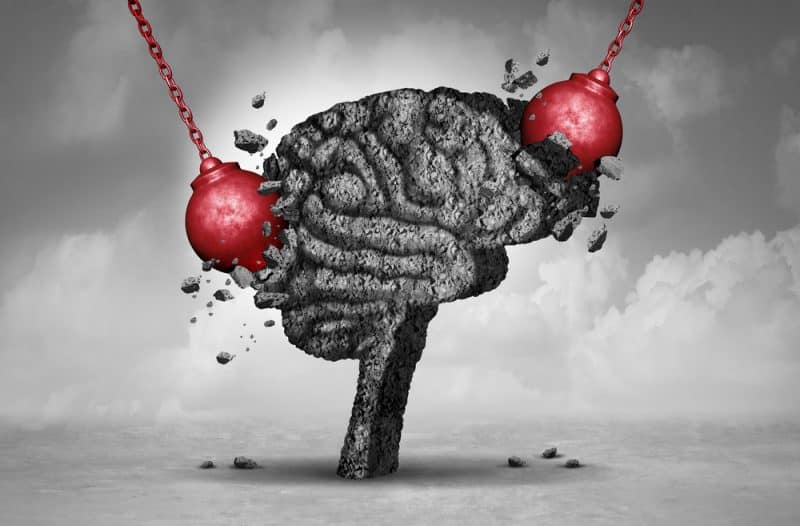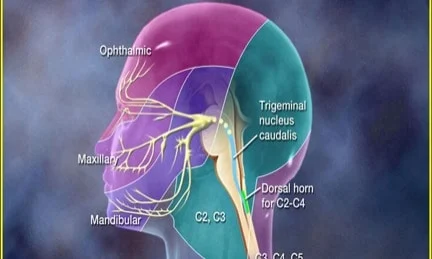It’s not surprising that migraines can have a negative impact on migraine sufferers’ mental health – after all, chronic migraines can seriously affect our lifestyle and quality of life. What’s more, migraines can affect almost every aspect of our life, from work performance to family relationships.
Psychological stress and migraines are linked together in a vicious circle. High levels of stress can trigger migraine headaches, while the unpredictability of migraine attacks is also a common stressor experienced by people living with migraine. In fact, scientific research shows that individuals who suffer from migraines are significantly more likely to develop depression and anxiety. For some individuals, depression and anxiety come first, followed by migraine attacks, and for other people, they develop after experiencing migraines.
In this article, we will discuss some simple and effective steps you can take to protect and improve your mental health and emotional well-being.
1. Take the time to connect with friends and family
While migraine attacks can seriously interfere with your social life, having strong and healthy relationships with friends and family can help to reduce the risk of depression and anxiety. In addition, connecting with loved ones can help to promote a sense of belonging and provide emotional support when you need it. Therefore, mental health experts recommend taking some time each day to connect with your family and friends, as well as join clubs and volunteer networks.
2. Prioritise sleep
Getting enough sleep helps to prevent migraine and is also essential for mental health and well-being. In contrast, not getting enough sleep can often trigger migraine attacks, while sleep problems are also linked to depression. To improve your length and quality of sleep, it is best to remove electronic devices including TVs, computers, and smartphones from your bedroom and to avoid using them for at least two hours before bedtime.
In addition, sleep experts recommend going to bed and waking up at the same time to normalize your sleep cycle, as well as avoiding large meals and caffeine before bedtime.
3. Stay physically active
Getting regular physical exercise is one of the best ways to reduce feelings of anxiety and depression, as well as to promote healthy sleep and boost self-confidence. In addition, regular exercises such as walking, jogging, and yoga can help to decrease the frequency and severity of chronic migraines. However, if you suffer from chronic migraines, it is important to avoid overexercising, as strenuous and rigorous physical exercise can sometimes also trigger migraine attacks.
4. Practice relaxation techniques to reduce stress
Chronic stress can negatively impact our physical and mental health. Therefore, learning healthy ways to cope with stress can help to protect your psychological and physical well-being. There are many effective relaxation techniques and exercises to help relieve stress and prevent migraine attacks.
These include mindfulness meditation, progressive muscle relaxation, guided imagery, and deep breathing. In addition, mind-body practices such as yoga and tai chi can reduce stress and anxiety levels, while helping you stay physically active.
5. Seek help from a professional
If you have symptoms of depression and anxiety, it is essential to check in with your doctor or mental health professional. Therapy can be a great way to manage daily stress, as well as help you navigate life changes and achieve your goals. There are many types of counseling and psychotherapy, including cognitive behavioral therapy (CBT).
This type of therapy can help to build resilience against stress and improve your coping skills to reduce symptoms of anxiety and depression, helping to lower the risk of migraine attacks. Furthermore, some medications such as antidepressants can also help to relieve and prevent migraines, in addition to symptoms of depression and anxiety.
Conclusion
People who suffer from migraines are more likely to develop depression than those without migraine. The good news is, there are several lifestyle choices and healthy habits that can help you build resilience against stress, reduce your anxiety levels, and help to improve your mental well-being. What’s more, implementing these changes can also help to reduce the frequency and severity of your migraines.



